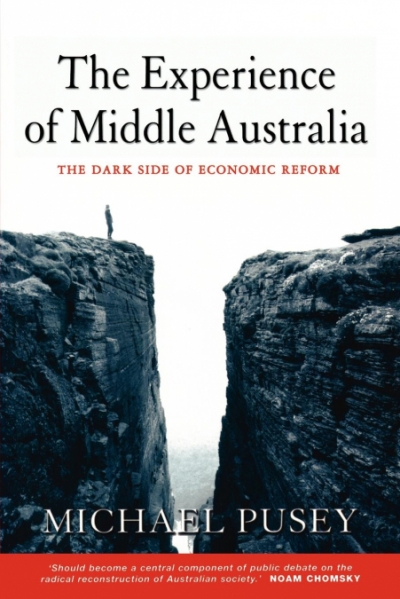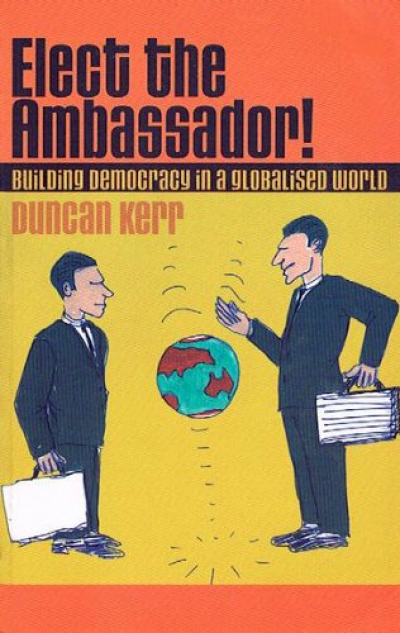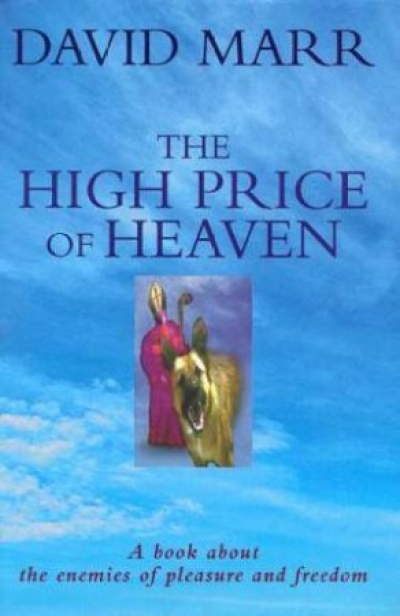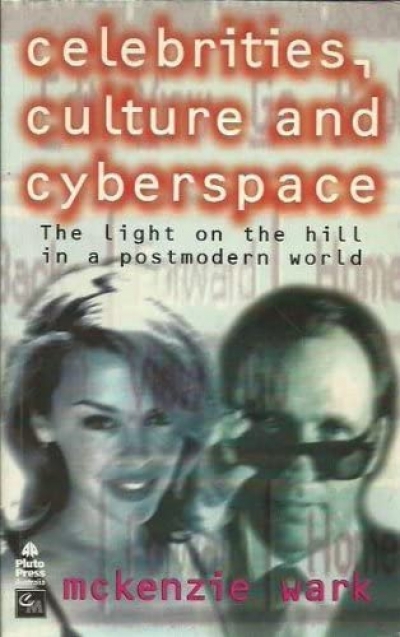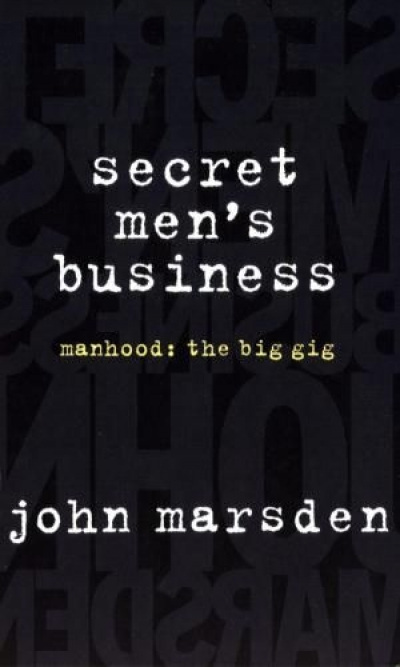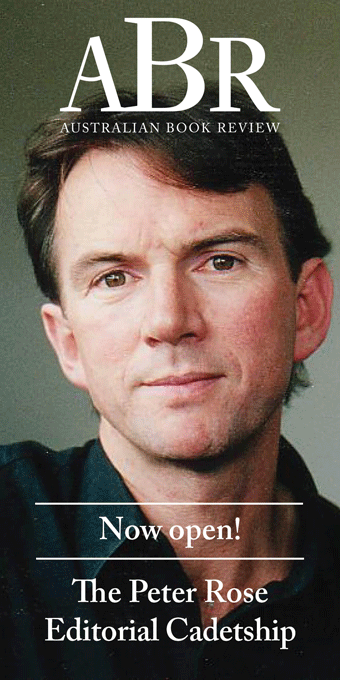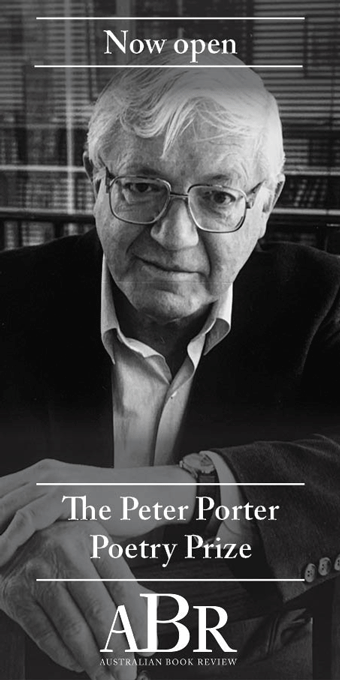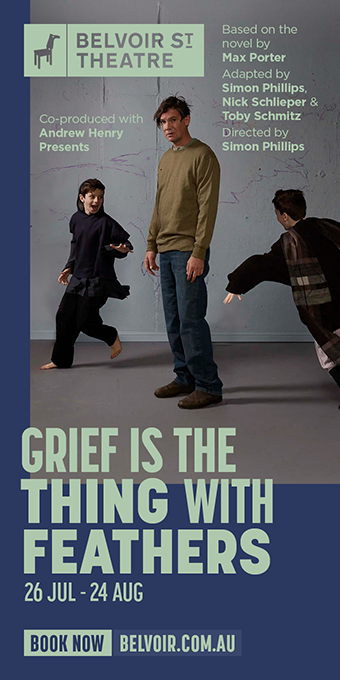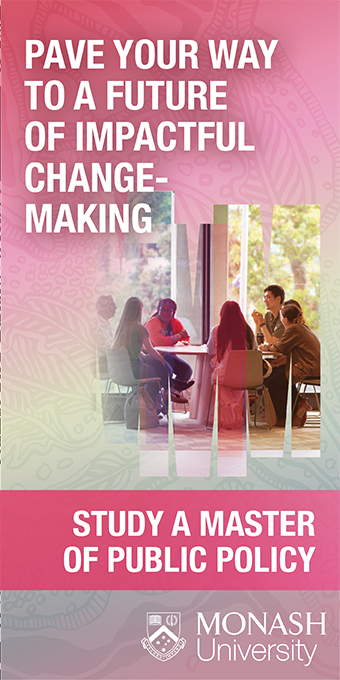Society
The Experience of Middle Australia: The dark side of economic reform by Michael Pusey
Common Ground: Issues that should bind and not divide us by Malcolm Fraser
When Arthur Phillips conjured up the cultural cringe fifty-two years ago – he was Arthur then, only later becoming the more formal A.A. Phillips – he had little idea how that phrase would come to haunt us. When interviewed by Jim Davidson in 1977, Phillips was rather dismissive about his original 1950 Meanjin article, although he noted that it was ‘twice nearly strangled in infancy’, first by editor Clem Christesen who hadn’t liked it, and then by a member of the Commonwealth Literary Fund Board who urged him not to include it in his collection The Australian Tradition (1958). But he attributed the popularity of the phrase to its being ‘catchily alliterative – and alliteration is the most facile stylistic trick there is’.
... (read more)

